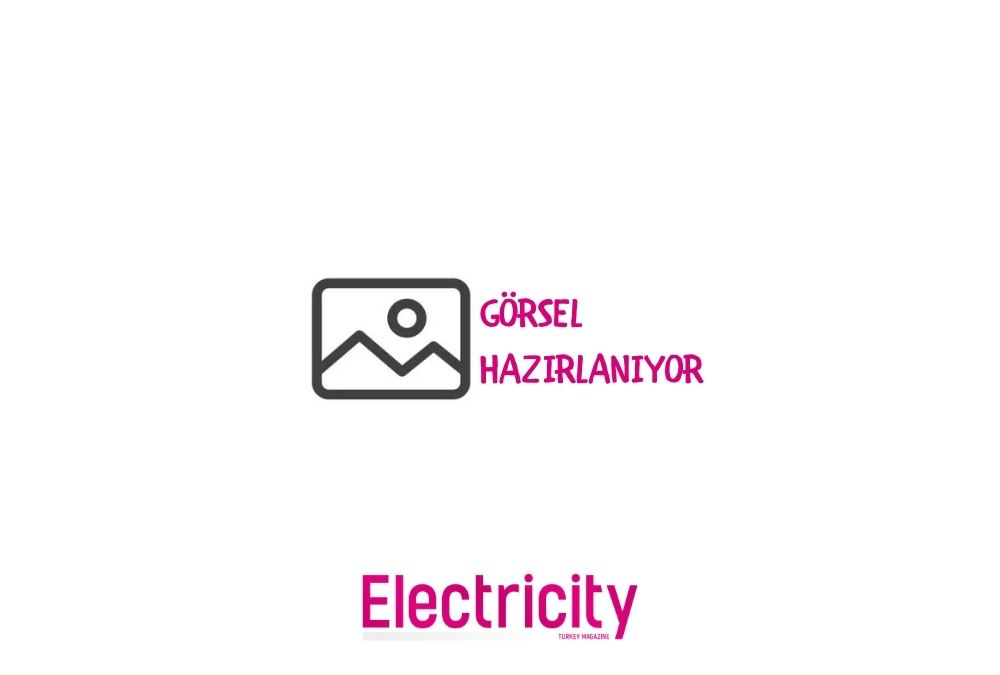

Integrated electric transport solutions for metropolises are now a major requirement
IEEE PES Turkey Branch President Prof. Dr. Ozan Erdinc

The increase in the world population, the rapid development of urbanization and industrialization with it increases the demand for energy day by day, and in parallel with the emission of greenhouse gases. According to statistical data, it was seen that 27% of the world's total energy consumption and 33% of greenhouse gas emissions occurred in the transportation sector. In this context, important studies are carried out all over the world, especially the IEEE Power and Energy Society (PES), in terms of reducing emissions in the transportation network. Instead of traditional fossil fuel-based vehicles, the popularity of electric vehicles with low emissions, environmentally friendly and especially pure batteries, which can also be charged with green energy sources within the smart grid concept, is increasing day by day.
What is the Solution for the Demand Load of Electric Vehicles?
The integration of electric vehicles into the power system for charging relatively large capacity batteries means adding a new and large demand load to the system. This load demand is highly dependent on user preferences, so there is considerable uncertainty. Here, especially the mobility of electric vehicles significantly increases the uncertainty of the specified load characteristics. In this context, it is of great importance that demand based on electric vehicles is coordinated within the power system. There are already many studies addressing the various effects of uncoordinated electric vehicle demand within the power system, and the importance of an effective coordination strategy has been made clear as stated in all of these studies. In this respect, there have been many academic and industrial studies, especially in recent times, focusing on the role of mass electric vehicle parking zones. Here, it is aimed to create large-scale vehicle parking zones located close to public transportation (especially rail systems) stops in many countries, including Turkey, and thus to expand the use of public transportation by reducing the amount of individual vehicle use. The concept stated in Istanbul, which is the largest populated city in Turkey and whose relevant population is even more than many countries in Europe, has been integrated into some rail system stops under the name of "park et-continue". It is also planned to establish electric vehicle charging stations here in time.
Smart Cities: Green Transportation Chain
As in the example of the rail system, applications where electric vehicles are parked and sea (e.g. ferry, etc.), different land (metrobus, bus, shared car, etc.) and even air transportation are continued constitute an integrated transportation system concept with integration from one transportation to another. This integration may also include micromobility methods such as electric scooters or bicycles. If the micro or normal-sized land, air or sea transportation solutions included in the integrated transportation network used by a person who wants to reach point A to point B are not based on conventional fuel, this chain is called the green transportation chain.
Dual Transportation Integration
The establishment of these green transport chains is also directly related to smart cities and is strongly supported by major funds, including EU Horizon funds. Meeting the electrical energy demand of one electric transportation solution in the transportation chain in cities with the electrical infrastructure of another transportation solution brings about electrical integration as well as transportation here. This will come up as a new concept and this can be called dual transportation integration.
About The Author
Prof. Dr. Following his work experience in different positions including management in the private sector, Ozan Erdinç is currently working as a faculty member at Yıldız Technical University Department of Electrical Engineering. In addition, he is the Head of the Department of Alternative Energy Electrical Systems in the same department. He also continues his activities as a manager in the position of Head of Information Technologies Department at Yıldız Technical University.
Since 2019, he has been serving as the President of the Turkey Branch of the IEEE Power and Energy Society (PES) within the IEEE which is the largest organization in the relevant field in the world. He is an IEEE Senior Member and academically he has editorial activities and articles in world-famous journals, especially within the IEEE. Prof. Erdinç is the recipient of the Turkish Academy of Sciences Outstanding Young Scientist Award (TÜBA GEBİP) for 2020.